 Sign in
Sign in
Education
Health & Fitness
Surgery 101 Team
Welcome to Surgery 101, a series of podcasts produced with the help of the University of Alberta in Edmonton, Canada. The podcasts are intended to serve as brief introductions or reviews of surgical topics for medical students. We've aimed to cover a single topic in between 10-20 minutes so that you can quickly get a good idea of the basic concepts involved. Every episode is divided into chapters and concludes with several key points to summarize the topic. We are always keen to receive your feedback on our podcasts, and we are accepting suggestions for additional topics. New episodes are published every Friday.
'Surgery 101' was created by Dr Parveen Boora and Dr Jonathan White, and is supported by the Department of Surgery at the University of Alberta. Our 2010 series of podcasts are brought to you by the Undergrad Surgery Mobile Podcasting Studio Team which is: Jonathan, Jenni and Tracy, with the assistance of the Surgery 101 Experts of Edmonton.
Note to experts: please note that these podcasts are only intended as brief introductions for medical students - we cannot delve into the more complex nuances of advanced surgery in a 10-minute podcast. We encourage all listeners to supplement their learning by seeing patients, assisting at surgeries and reading widely!

Shoulder Dystocia
In this video, with the help of Dr. Kristin Black, a resident from the University of Alberta, 4th year medical student Julia Boucher discusses an approach to shoulder dystocia. Shoulder dystocia is a complication that can occur during a vaginal delivery. It is an obstetrical emergency. Shoulder dystocia occurs when, after delivery of the fetal head, additional obstetrical maneuvers are required to deliver the fetal shoulders. It occurs in approximately 1% of births.
08:2901/05/2019

282. Ovarian Cancer
In this episode, with the help of Dr. Hyakutake, a gynecologist from the University of Alberta, 4th year medical student Julia Boucher discusses an overview of ovarian cancer. After listening to this episode, learners should to be able to: Understand the basic pathophysiology and types of ovarian cancer. Recognize the risk factors and clinical presentation of ovarian cancer. Understand the work-up and diagnosis of ovarian cancer.
13:4824/04/2019

281. Cervical Cancer - Cases
In this episode, with the help of Dr. Hyakutake, a gynecologist from the University of Alberta, 4th year University of Ottawa medical student Julia Boucher discusses the clinical presentation, differential diagnosis, staging and treatment of cervical cancer. After listening to this episode, learners should be able to: Recognize the common clinical presentation of cervical cancer. Understand the differential diagnosis of cervical cancer. Understand the basics of cervix cancer staging and treatment options.
12:1017/04/2019
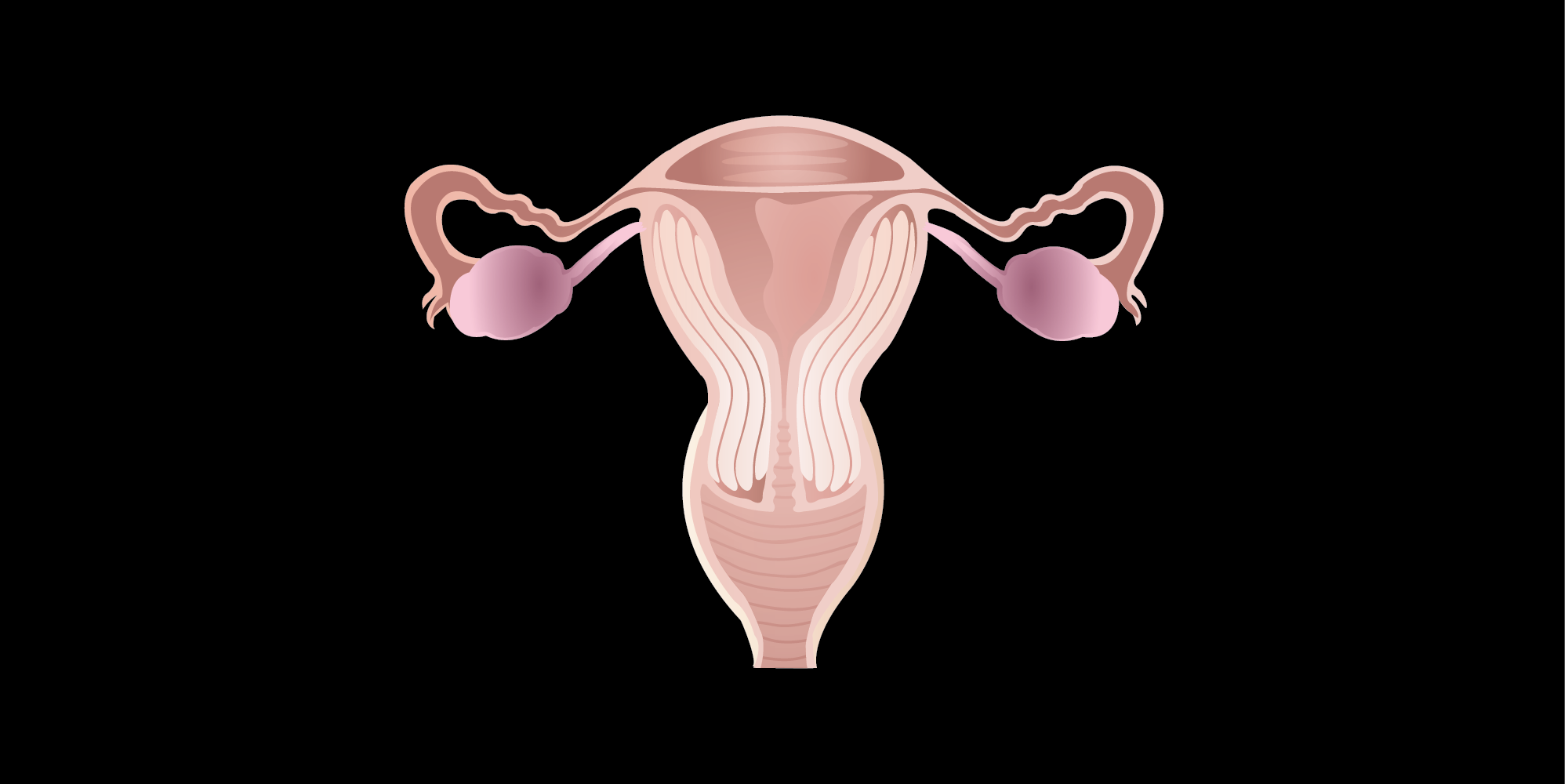
280. Cervical Cancer - Pathophysiology
In this week's episode University of Ottawa medical student, Julia Boucher, will be talking about cervical dysplasia. This is the first in a two part series on cervical cancer. She will begin by introducing the topic, why it is important, discuss the pathophysiology of cervical dysplasia. Then describe the risk factors and screening and prevention methods. After listening to this episode, learners should be able to: Recognize the risk factors for cervical dysplasia and cervical cancer. Understand the basic pathophysiology and screening tests for cervical dysplasia and cervical cancer.
13:1510/04/2019

10 Years Later
Surgery 101 has been around for a decade! We reached out to our former summer students to hear about the highlights of their time here. Thank-you to everyone who has contributed to our project over the last 10 years.
03:0403/04/2019

279. Diabetic Foot Ulcers
This week’s episode is brought to you by medical student, Randolph Tulsie, and he will discuss Diabetic Foot Ulcers (DFU). After listening to this podcast you should be able to: Define Diabetic Foot Ulcers Explain the relevant Pathophysiology Review a Clinical Picture State how it’s diagnosed and Speak on its Management
13:4727/03/2019

277. Portal Hypertension - Presentation and Management
This week’s episode is from final year University of Calgary medical student, Uzair Jogiat. He will be discussing the presentation and management of portal hypertension. After listening to this podcast you should be able to: List the signs and symptoms of portal hypertension Write orders for the initial management of a patient presenting with hematemesis Order investigations for a patient presenting with portal hypertension Outline the long term management of portal hypertension
16:2916/01/2019

276. Portal Hypertension - Pathophysiology
This week University of Calgary medical student, Uzair Jogiat discusses portal hypertension. After listening to this podcast you should be able to: Describe the basic pathophysiology of portal hypertension. Outline the anatomy of the portal venous system. Explain the concept of porto-systemic collateralization and list six sites of collateralization. Explain why portal hypertension occurs.
18:3009/01/2019

275. Lower GI Bleeds
This weeks’ episode is brought to you by McMaster medical student Tyler McKechnie. medical student at McMaster University. He will be discussing lower gastrointestinal bleeding. After listening to this podcast you should be able to: Explain the pathophysiology of lower GI bleeds Review the importance of correctly identifying lower GI bleeds Outline clinical presentation List the differential diagnosis Describe possible investigations Review treatment options
16:0102/01/2019

274. Upper GI Bleeds
This week’s podcast is brought to you by McMaster medical student Tyler Mckechnie. This is one of two that will discuss the topic of gastrointestinal bleeding. In this podcast, we will address upper GI bleeds, while next podcast we will address lower GI bleeds. After listening to this podcast you should be able to: Describe the relevant pathophysiology Explain the importance of correctly identifying upper GI bleeds Review the clinical presentation List possible differential diagnosis Understand possible investigations and treatment options
13:2619/12/2018

272. Carpal Tunnel Syndrome
This week we are joined by 2nd and 3rd year University of Ottawa medical students, Aneesh Karir and Minh Huynh, who will be discussing Carpal Tunnel Syndrome. After this podcast, you will be able to: Describe the anatomy of the carpal tunnel Explain the pathophysiology and list common risk factors for carpal tunnel syndrome Describe the typical clinical presentation of carpal tunnel syndrome Outline the diagnosis and management of the patient with carpal tunnel syndrome.
12:2012/12/2018

272. Intracranial Aneurysms
In this episode McMaster Medical student, Alick Wang, discusses intracranial or cerebral aneurysms. After listening to this podcast you should be able to: Describe what they are and why they are important; Review the relevant pathophysiology; Explain how it’s diagnosed, and whether or not to treat; Go over treatment options Understand the prognosis and complications
10:5605/12/2018
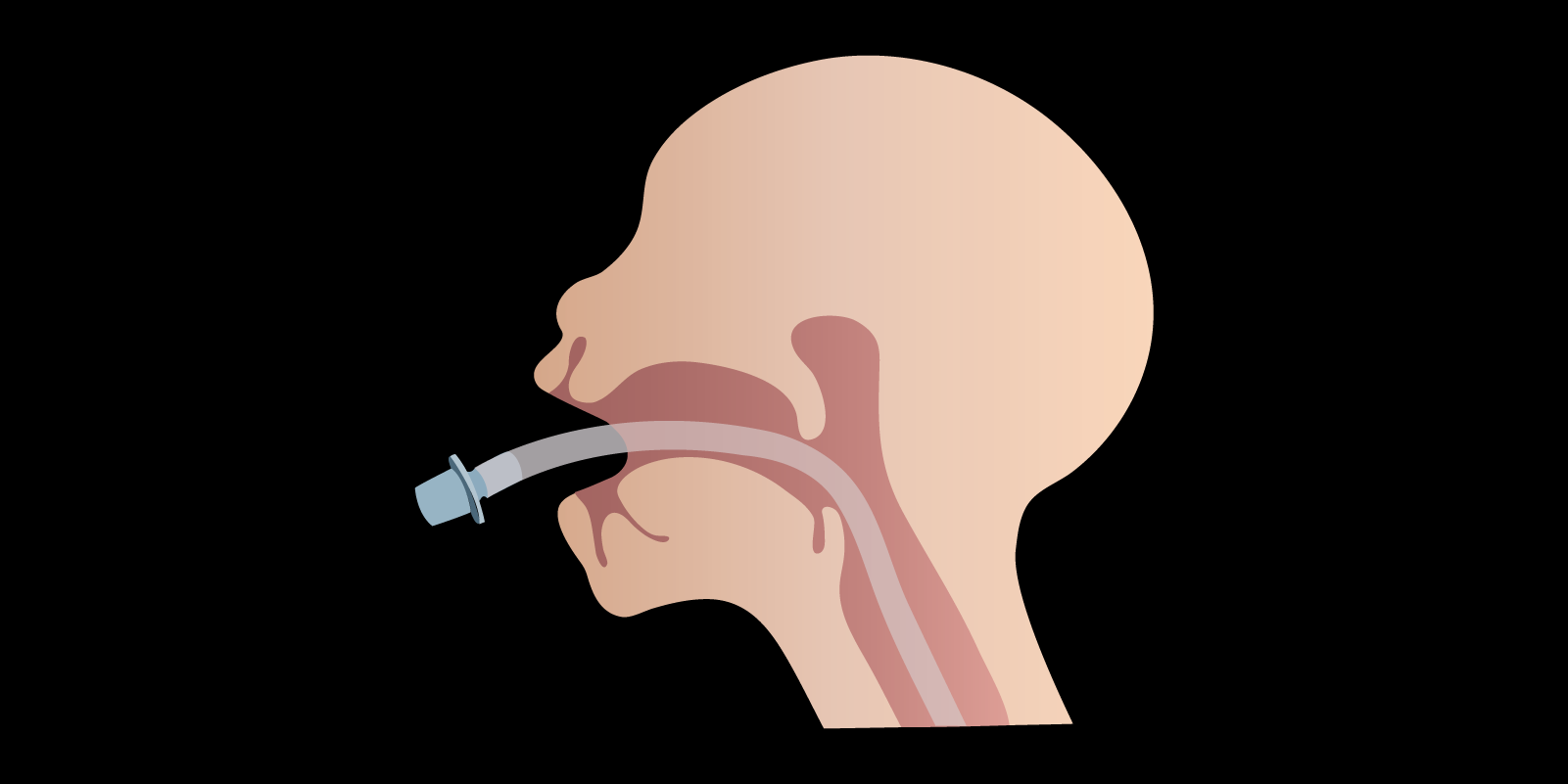
271. Failed intubation
In this podcast McGill medical student, Kevin Gorsky, will discuss the topic of Failed Intubation. After Listening to this podcast, the listener should be able to: Describe how to initially approach these emergency situations safely Be able to think through an algorithm of plans and contingencies with the goal of safely achieving an airway to provide ventilation in critical situations
09:0628/11/2018

270. The Difficult Airway
In this podcast McGill medical student, Kevin Gorsky, will discuss the topic of the Difficult Airway. After Listening to this podcast, the listener should be able to: Understand when a patient is considered to have a difficult airway Describe how to initially approach these emergency situations safely
10:4421/11/2018

Surgery ABCs Preview
In this special episode of the Surgery 101 Jenni Marshall, program assistant in digital education, shares a preview of our new kids podcast Surgery ABCs. This podcast was started to help teach kids about the human body and different healthcare careers they may encounter. This episode is called “What happens if I break a bone?” and we will be explaining not what happens when you break a bone and the Dr. who helps fix it. You can find Surgery ABCs on iTunes, Spotify, Google Play, Libsyn, and our website.
10:3414/11/2018
269. Total Anomalous Pulmonary Venous Return
In this episode Luckshi Rajendran, a visiting medical student from the University of British Columbia, will discuss Total Anomalous Pulmonary Venous Return. By the end of the podcast you should be able to: Define total anomalous pulmonary venous return as a cause of cyanotic heart disease Understand the embryology and pathophysiology of the disease Outline the clinical presentation Describe currently available management strategies
18:4407/11/2018
268. Tetralogy of Fallot
Today's episode will be the fourth of a pediatric cardiovascular surgery podcast series overviewing cyanotic congenital heart defects, brought to you by Luckshi Rajendran, a visiting medical student from the University of British Columbia. The topic of today's podcast is tetralogy of fallot. By the end of the podcast you should be able to: Define tetralogy of fallot as a cause of cyanotic heart disease Understand the embryology and pathophysiology of the disease Outline the clinical presentation Describe currently available management strategies
22:0031/10/2018
267. Tricuspid Valve Atresia
Today’s episode will be the third of a pediatric cardiovascular surgery podcast series overviewing cyanotic congenital heart defects, brought to you by Luckshi Rajendran, a visiting medical student from the University of British Columbia. The topic of today’s podcast is tricuspid valve atresia. By the end of the podcast you should be able to: Define tricuspid valve atresia as a cause of cyanotic heart disease Understand the embryology and pathophysiology of the disease Outline the clinical presentation Describe currently available management strategies
24:1124/10/2018
266. Transposition of the Great Arteries
Today's episode will be the second of a pediatric cardiovascular surgery podcast series overviewing cyanotic congenital heart defects, brought to you by Luckshi Rajendran, a visiting medical student from the University of British Columbia. The topic of today's podcast is transposition of the great arteries. By the end of the podcast you should be able to: define transposition of the great arteries as a cause of cyanotic heart disease Understand the embryology and pathophysiology of the disease Outline the clinical presentation Describe currently available management strategies
17:3617/10/2018
265. Truncus Arteriosus
Today’s episode will be the first of a pediatric cardiovascular surgery podcast series overviewing cyanotic congenital heart defects, brought to you by Luckshi Rajendran, a visiting medical student from the University of British Columbia. By the end of the podcast you should be able to: Define truncus arteriosus as a cause of cyanotic heart disease Understand the embryology and pathophysiology of truncus arteriosus Outline the clinical presentation Describe currently available management strategies
22:3310/10/2018

264. What is a Physician Assistant?
In this episode Cindy Gilmore, a Physician Assistant (PA) from the General Surgery service at the Misericordia Community Hospital in Edmonton will give an overview of what Physician Assistants are and how they assist with not only the General Surgery department but various other subspecialties. After listening to this podcast you should be able to: Define what a Physician Assistant (PA) is Review the roles of a PA Explain how PAs are trained and where they are employed Discuss how many PAs are in Canada Describe how PAs are regulate in Canada
14:0003/10/2018

A Patient's Journey
This video takes you through a patient's journey in the healthcare system on their way to surgery. Including pre-operative, intra-operative, and post-operative care; highlighting all the people they meet on their journey.
03:0226/09/2018

263. Endometrial Cancer Follow up
In this episode, with the help of Dr. Jimenez, a Gynecologic Oncologist from the Juravinski Cancer Centre, 3rd year McMaster medical student Emma Herrington discusses an overview of, and approach to, endometrial cancer. After listening to this episode, learners should be able to: Have a general approach for classifying the different histopathologies of endometrial cancer Develop an overall framework of staging Relate staging to treatment options
10:1519/09/2018

262. Endometrial Cancer Introduction
In this episode, with the help of Dr. Jimenez, a Gynecologic Oncologist from the Juravinski Cancer Centre, 3rd year McMaster medical student Emma Herrington discusses an overview of, and approach to, endometrial cancer. After listening to this episode, learners should be able to: Recognize the common clinical presentation of endometrial cancer; Understand how to diagnose endometrial cancer;
08:3112/09/2018

261. Scoliosis
In this podcast University of Alberta 3rd year medical student, Katie Girgulis, will discuss the topic of Scoliosis in the pediatric population. After listening to this podcast you should be able to: Understand how to recognize and diagnose scoliosis in pediatric patients List categories for the etiology of scoliosis and provide some examples List key elements of a history and physical exam to identify the likely etiology of a patient’s scoliosis Understand appropriate investigations and follow-up for patients with scoliosis Recognize red flag features and know when to refer
15:3905/09/2018

260. Spina Bifida
In this episode medical student Alick Wang will discuss Spina Bifida. After listening to this podcast you should be able to: Define Spina Bifida and understand it’s importance Discuss the relevant pathophysiology; Explain how it’s diagnosed, and whether or not to treat; Review treatment options Understand the prognosis and complications
09:1029/08/2018

The Deathly Hernia
A sequel to "The Prisoner of the Gallbladder", something even has returned to the abdomen! This time, it is Harry the Hernia stirring up trouble for Carmine the Small Intestine. Luckily, her older brother, Chris Pine the Large Intestine is here to help! Can Carmine and Chris work together to thwart the sly hernia, Harry?
05:3421/08/2018

259. Complications of Bariatric Surgery
In this episode of Surgery 101 final year McMaster medical student, Julie La, will discuss the complications associated with Bariatric Surgery. By the end of this podcast you should be able to: List some common complications of the various bariatric surgeries Discuss diagnosis and management of these complications
14:4518/04/2018

258. Flow of a Bariatric Patient
In this episode of Surgery 101 final year McMaster medical student, Julie La, will discuss the Flow of a Bariatric Patient. By the end of this episode you should be able to: Understand the process required to get a patient to the point of having bariatric surgery.
15:5011/04/2018

Surgical Management of Obesity Notes
PDF Notes for Surgery 101 episode on Surgical Management of Obesity.
00:0004/04/2018

257. Surgical Management of Obesity
In this episode of Surgery 101 final year McMaster medical student, Julie La, will discuss surgical management of obesity. By the end of this episode, you should be able to: Describe various types of bariatric surgery including adjustable gastric band, sleeve gastrectomy, roux-en-y gastric bypass and duodenal switch.
11:3704/04/2018

256. Medical Management of Obesity
In this episode of Surgery 101 final year McMaster medical student, Julie La, will discuss medical management of obesity. By the end of this episode, you should be able to: Describe medical management options for weight loss.
14:1428/03/2018

255. Introduction to Obesity
In this episode of Surgery 101 final year McMaster medical student, Julie La, will discuss obesity. By the end of this podcast you should be able to: Define what is obesity. Describe the most recent epidemiology of obesity globally and in Canada. Calculate body mass index and define the terms overweight, obesity and severe obesity. Review the pathophysiology of obesity and its comorbidities.
17:0514/03/2018
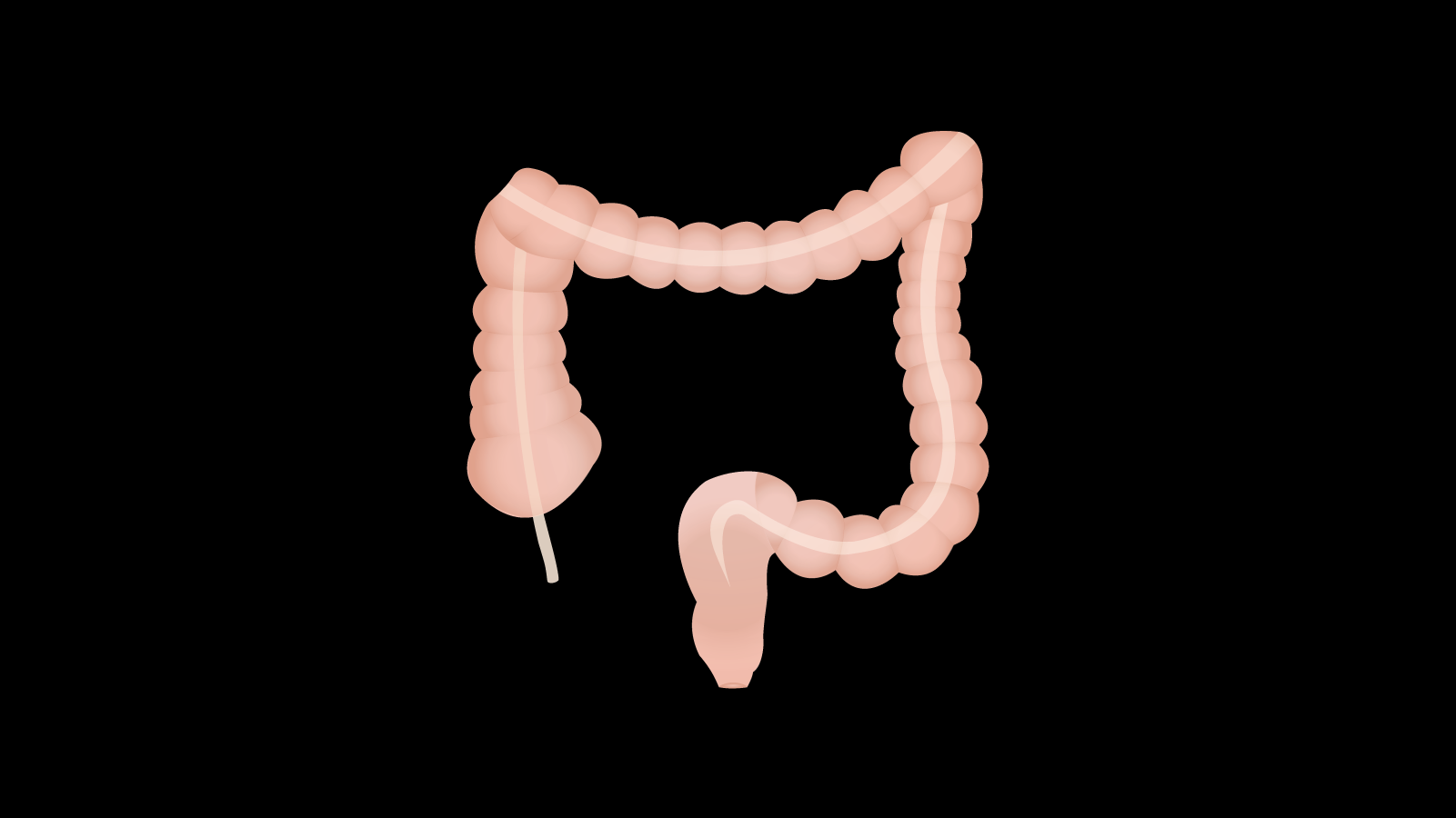
254. Stomas
In this podcast Dr. Ryan Snelgrove, General at the University of Alberta discusses Stomas. After listening to this podcast you should be able to: Explain the difference between a loop and an end enterostomy recognize an ileostomy and a colostomy
06:1107/03/2018

253. Complications of Segmental Colectomy
In this podcast Dr. Ryan Snelgrove, a General Surgeon at the University of Alberta, discussed complication of Segmental Colectomy. After listening to this podcast you should be able to: Discuss possible complications of a segmental colectomy
10:3328/02/2018

252. Digital Rectal Exam/Perianal Abscess
In this podcast Dr. Ryan Snelgrove, a General Surgeon at the University of Alberta, discusses the Digital Rectal Exam and Perianal Abscesses. After listening to this podcast you should be able to: Explain why this topic is important Discuss proper technique for a digital rectal exam Review symptoms associated with a perianal abscess Understand treatment of a perianal abscess
09:3321/02/2018

251. Unexplained Weightloss
In this podcast Dr. Leah Gramlich, a gastroenterologist from the University of Alberta, will discuss weight loss. Weight loss is a common problem seen by generalists. Patients who are overweight or obese may intentionally lose weight to improve their health. However, progressive unintentional (involuntary) weight loss often indicates a serious medical or psychiatric illness. This podcast will discuss the approach to unintentional weight loss in the adult patient. After listening to this podcast you should be able to: Describe significant weight loss Discuss the impact of unintentional weight loss Discuss the etiology of unintentional weight loss Describe an approach to unexplained weight loss
12:0014/02/2018
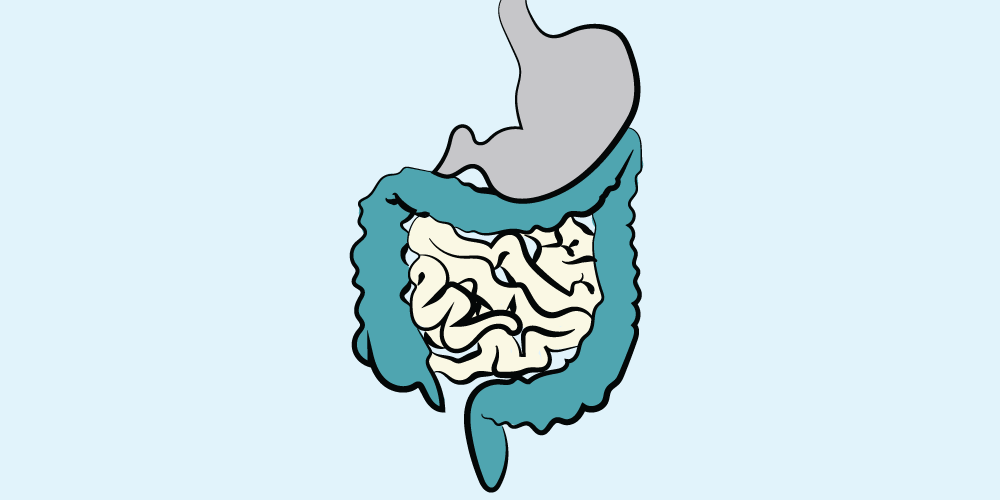
250. Food and Nutrition in Your Surgery Patients
In this podcast Dr. Leah Gramlich, a gastroenterologist at the University of Alberta, discusses nutrition in patients. After listening to this podcast you should be able to: Describe why (mal)nutrition is important in your patients Describe dietary components, guidelines and food considerations in hospitalized patients Describe strategies to enhance food intake in hospitalized surgery patients Discuss alternatives to oral diet – rationale, routes Describe Enteral Nutrition- indications, contraindications, complications Describe Parenteral Nutrition – indications, contraindications, complications
10:0207/02/2018

249. Jaundice
In this podcast General Surgeon, Dr. Mike McCall, will review Jaundice. After listening to this podcast you should be able to: Understand the most likely causes Explain diagnosis and management Form a differential diagnosis
09:0731/01/2018
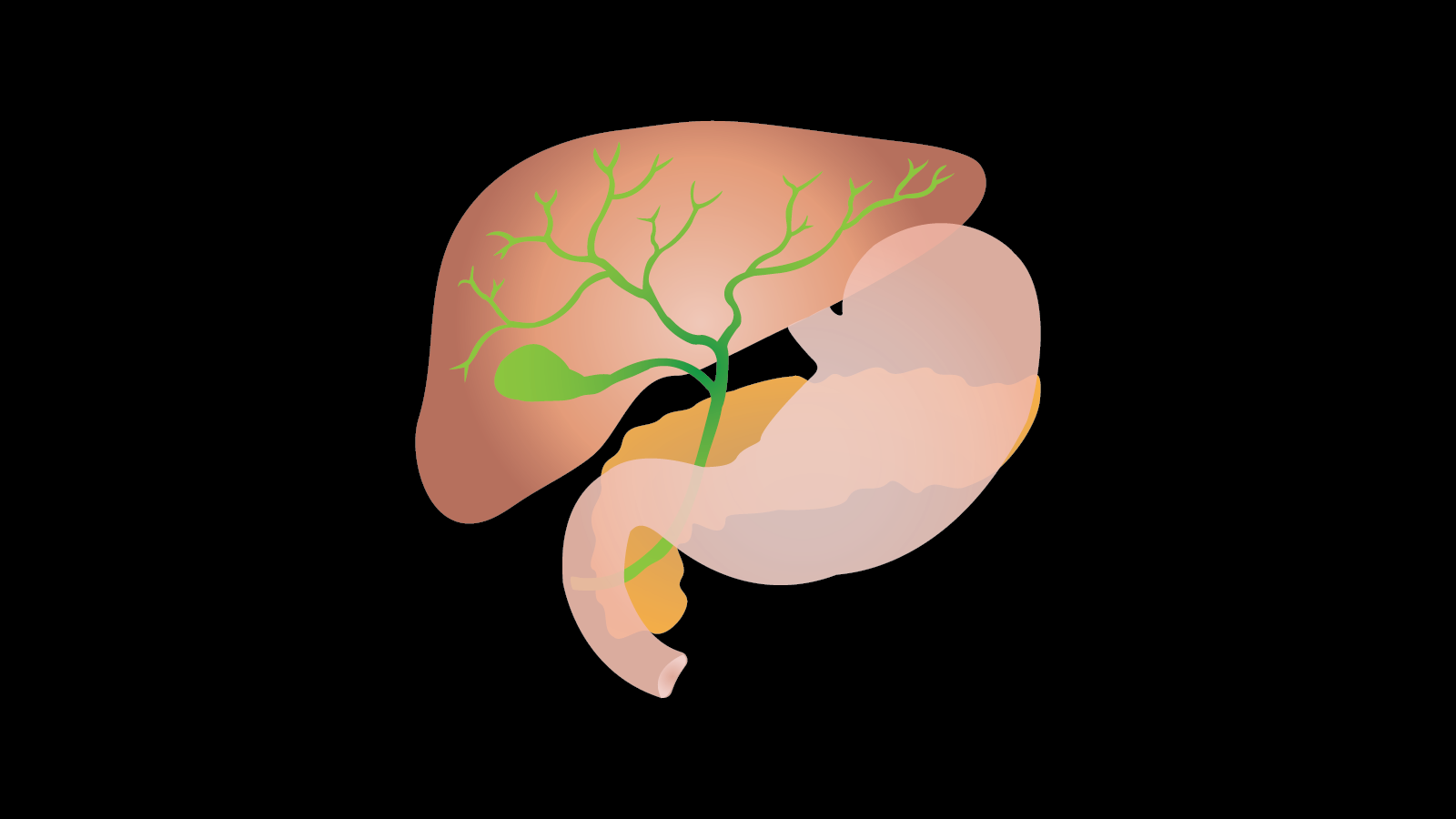
248. Cholangitis
In this podcast, Dr. Mike McCall, a General Surgeon at the University of Alberta will discuss Cholangitis. After listening to this podcast you should be able to: Describe the presentation of Cholangitis Review treatment and management options of Cholangitis
07:1124/01/2018

247. Laparoscopic Cholecystectomy
In this podcast General Surgeon, Dr. Michael McCall, is going to discuss the Cholecystectomies. After listening to this podcast you should be able to: Explain the procedure to a patient Discuss the risks and possible complications
08:2416/01/2018

246. Biliary Colic and Cholecystitis
In this podcast General Surgeon, Dr. Michael McCall, will review some common causes of RUQ pain as it relates to the biliary system. After listening to this podcast you should be able to: Describe the presentation of Biliary Colic and Cholecystitis Review differential diagnosis and diagnostics Understand treatment of both Biliary Colic and Cholecystitis
10:2210/01/2018

245. Cesarean Sections
This episode of Surgery 101, 4th year medical student Nikytha Antony, discusses Cesarean sections. After listening to this podcast you should be able to: Recognize the indications, contraindications and complications of cesarean sections Discuss the types of incisions and procedure involved Describe post-op care
13:1513/12/2017

244. Endometriosis
This episode of Surgery 101, 4th year medical student Nikytha Antony, discusses Endometriosis. After listening to this podcast you should be able to: Describe the epidemiology and pathophysiology of endometriosis Recognize the symptoms that might be present on initial presentation Discuss the differential and diagnosis of endometriosis Discuss treatment options
12:3406/12/2017

243. Breast Reduction
In this episode of Surgery 101, 3rd year medical student, Mieke Heyns will discuss Breast reduction surgery. After listening to this podcast you should be able to: Discuss the definition of hypermastia Understand the etiology of hypermastia Explain the presentation of hypermastia Describe some of the surgical techniques and management Review complications of hypermastia
11:3029/11/2017
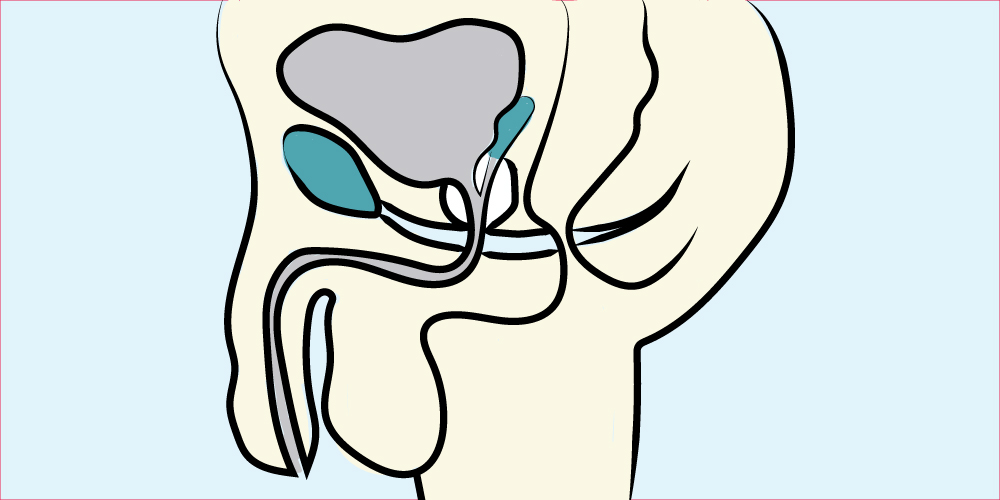
242. Scrotal Swelling
In this episode Dr. Rourke, a Urologist at the University of Alberta, discusses Scrotal Swelling. After listening to this podcast you should be able to: Construct a classification system for scrotal swelling Discuss the conditions of varicocele, hydrocele, spermatocele, and testicular cancar Describe the distinguishing features of a malignant versus a benign mass
24:0222/11/2017

241. Acute Testicular Pain
In this podcast Dr. Keith Rourke, a Urologist at the University of Alberta, discusses Acute Testicular Pain. After listening to this podcast you should be able to: Describe and define the common causes of scrotal pain and the unique clinical presentations Understand treatment options for acute orchitis, acute epididymitis, and testicular torsion Explain the pathogenesis of testicular torsion and recognize the need for urgent management of this condition List the differential diagnosis for scrotal pain
13:5415/11/2017

240. Surgical Outcomes in the Elderly
In this episode we are joined by 4th year McGill Medical student, Jenny Moon. Jenny will be discussing the topic of surgical outcomes in the elderly population. After listening to this podcast you should be able to: Know the importance of understanding aging in the surgical population Review the pathophysiology of aging Understand frailty in terms of the definition, ways to measure, relevance in clinical settings, and how to use the concept to improve surgical care in the elderly
02:0308/11/2017

Malrotation Video
In this episode Jennifer He, a 4th year McGill medical student, is going to talk about intestinal malrotation. This condition is very important to know about because it can present in a variety of ways, and early diagnosis of the condition can prompt early management, which has a big impact on the prognosis of the condition. The incidence of malrotation has been estimated at 1 in 6000 live births. Associated anomalies are common; the anomalies with the highest incidence include intestinal atresia, imperforate anus, cardiac anomalies and trisomy 21. After listening to this podcast, you should be able to: Understand the embryology behind malrotation Explain the clinical presentation and management Appreciate the subtleties in the clinical presentation of older patients
08:2701/11/2017

OER (Open Educational Resources) - Amy Winehouse "Rehab" Parody
This video is a Parody of Amy Winehouse's song "Rehab" and uses changed lyrics to share the benefits of open education and open access. We hope you enjoy watching it! Open educational resources (OER) are freely accessible, openly licensed text, media, and other digital assets that are useful for teaching, learning, and assessing as well as for research purposes. There is no universal usage of open file formats in OER. (From Wikipedia, the free encyclopedia)
03:0925/10/2017





